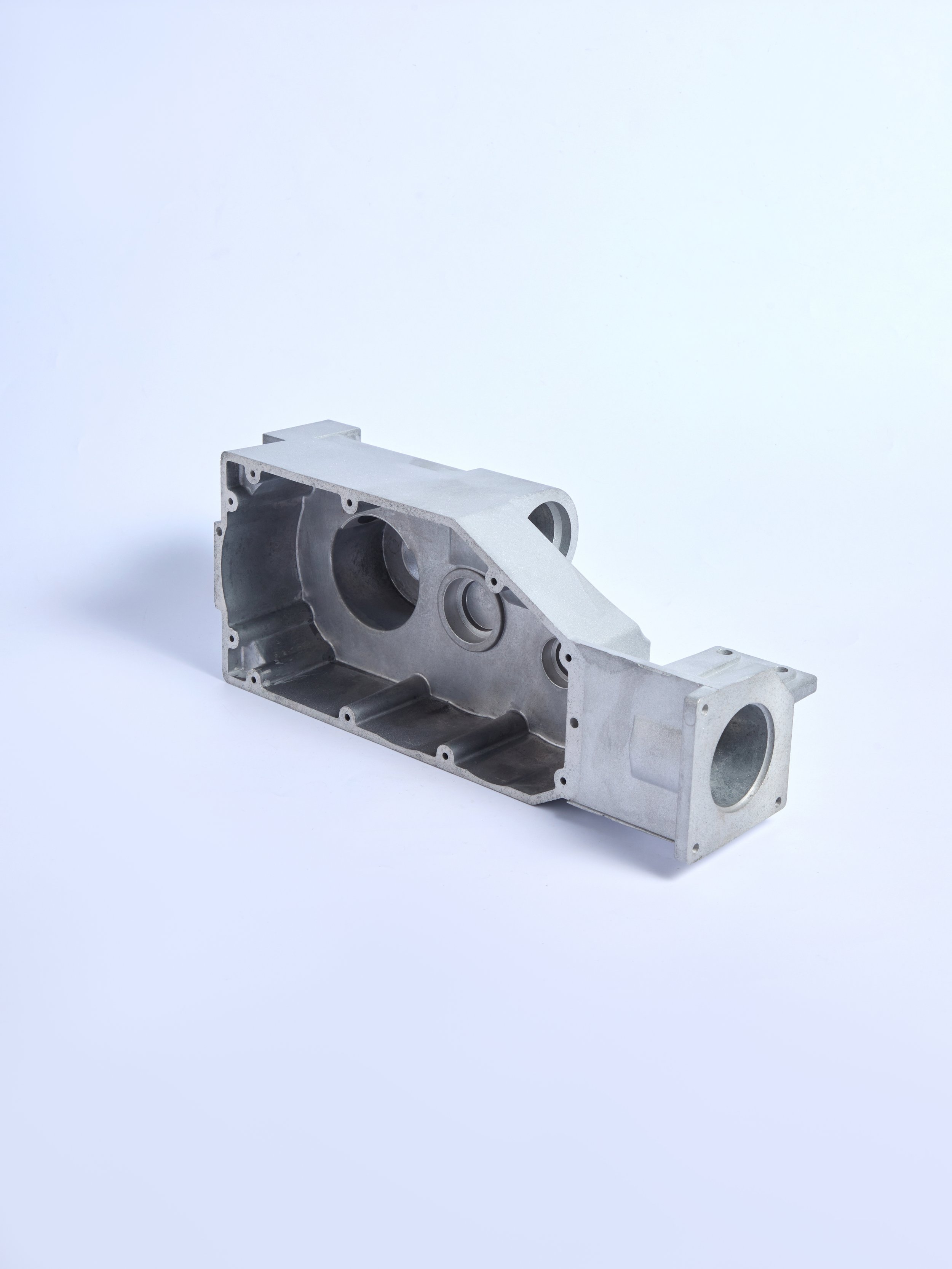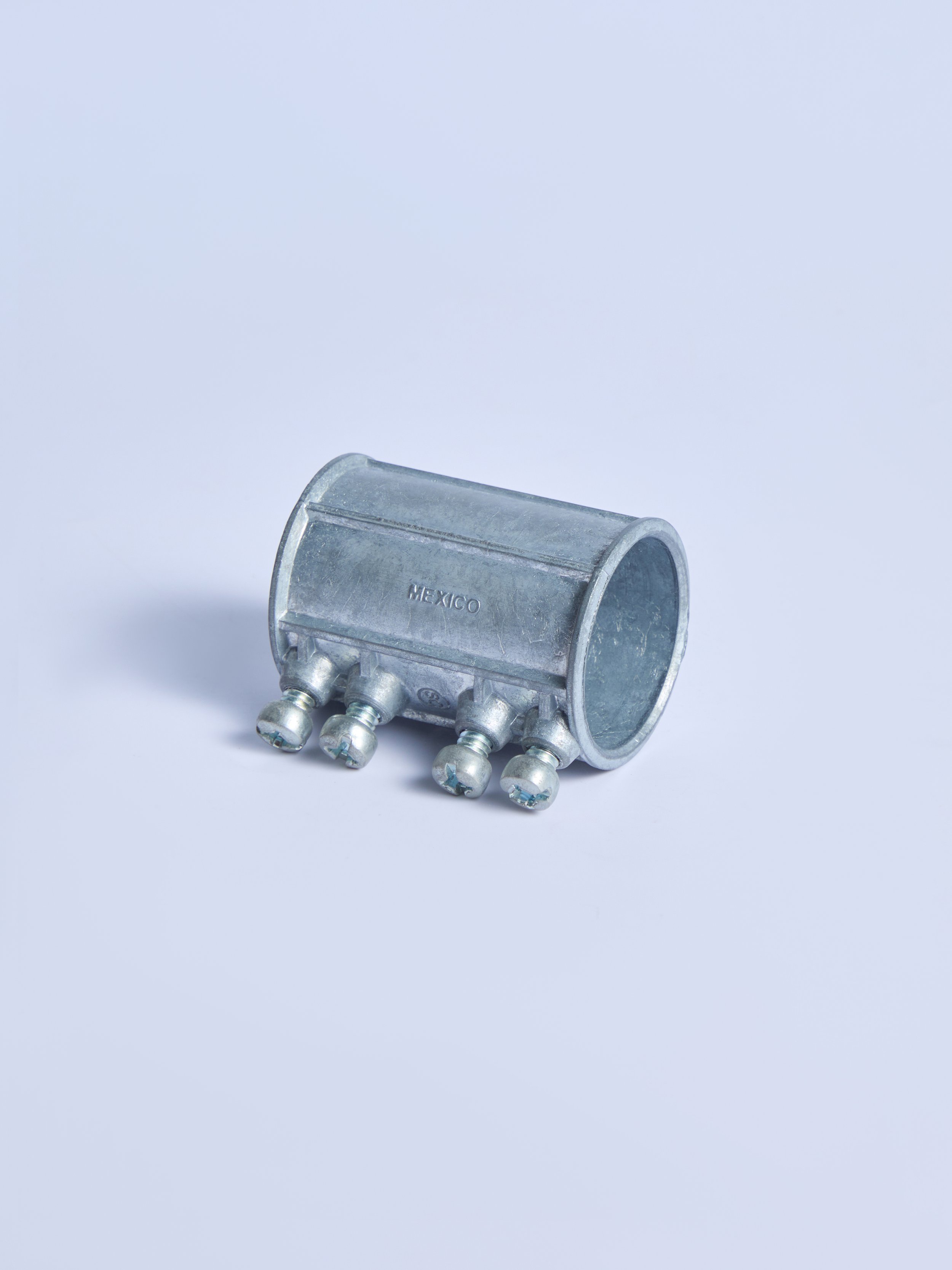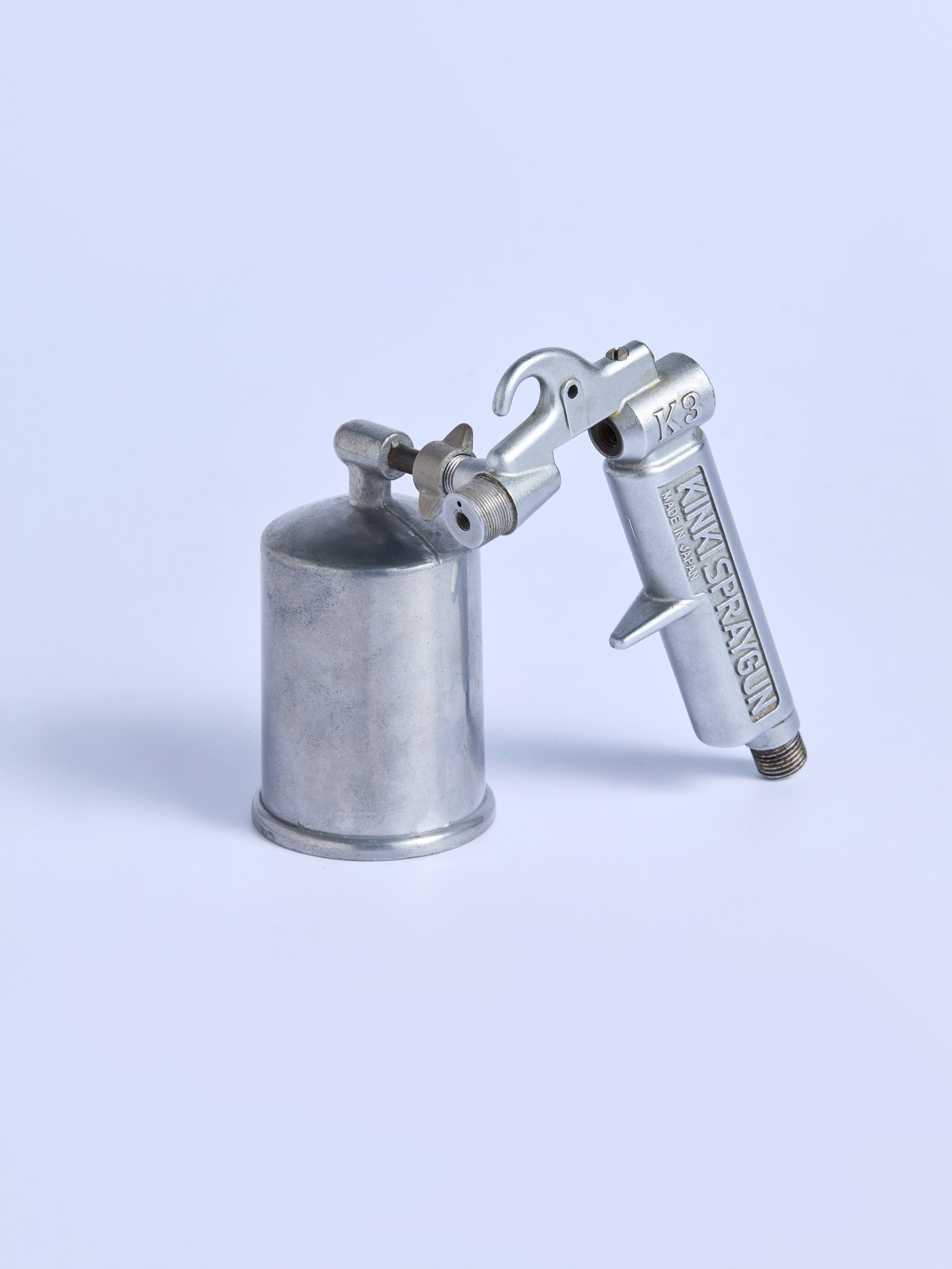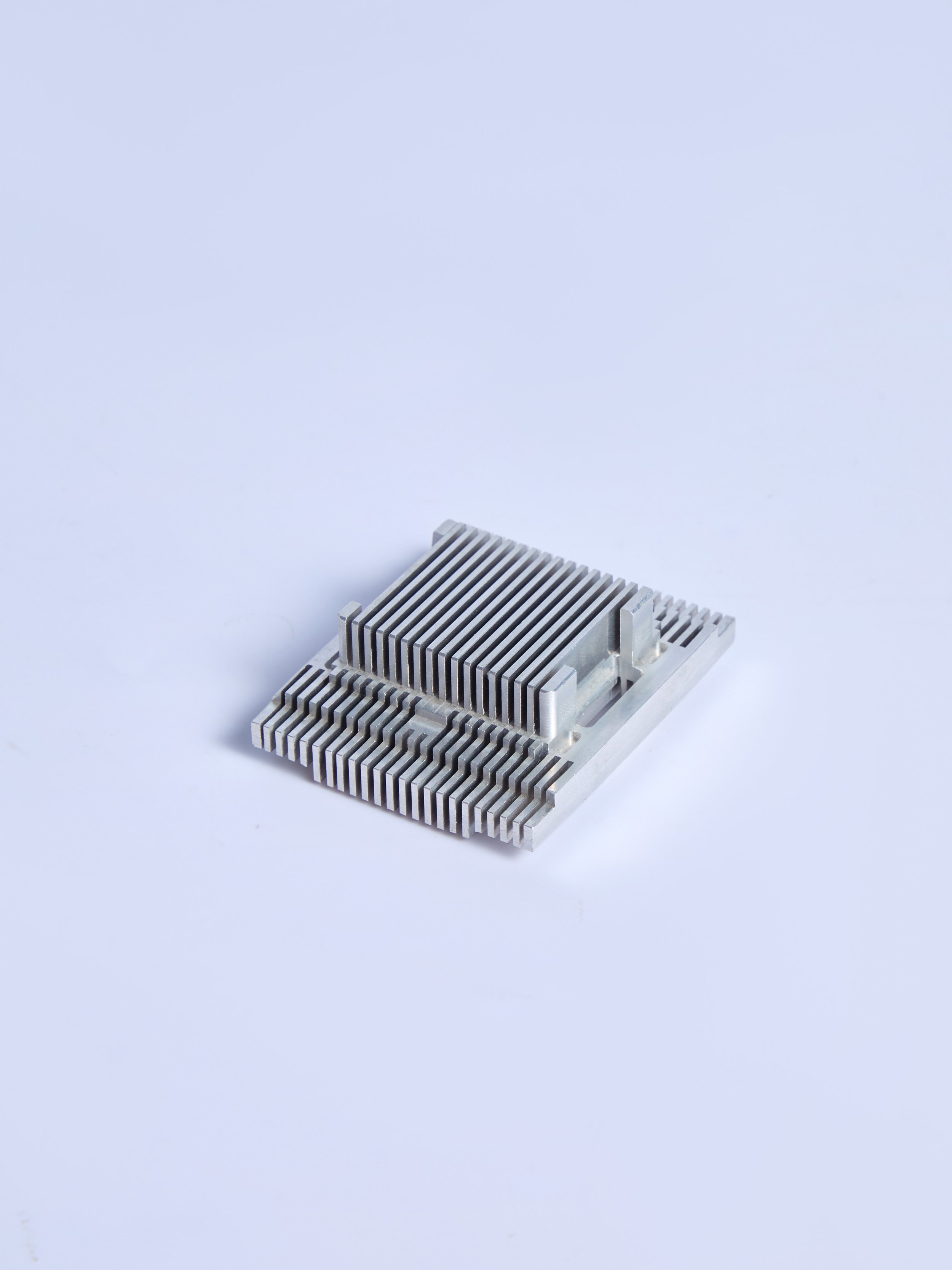Medical & Industrial
Both aluminium and zinc can support a range of precision instruments used for internal medicine, ensuring that doctors can concentrate entirely on their patients. Designer materials characterized by high mechanical strength, toughness, and rigidity, die-cast alloys provide high performance, long service lives, and a good cost-benefit ratio.
Zinc & Aluminium are used in:
Defibrillators
Blood pressure monitors
Stethoscopes
Bedside cabinets
Hospital beds
Infusion stands
Infusion pumps
Inhalers
Artificial respiration devices
Ionization units
Air purifiers
Portable oxygen supplies
Artificial feeding pumps
Seat lifts
Monitoring devices
Wheelchairs
Crutches, other aids
Height-adjustable toilet seats
Corrosion resistance is critical in the medical industry, where sanitation and cleanliness are necessary. Medical equipment is often exposed to bodily fluids, heavy-duty cleaners, and other corrosive liquids; aluminum's ability to withstand corrosion is a perfect match. Aluminum has a natural ability to form what is known as a passivation layer that protects aluminum even if it becomes nicked or scratched.
One way to ensure that medical equipment is biocompatible is to anodize the surface, that can helps to enhance aluminum's natural corrosion resistance.










